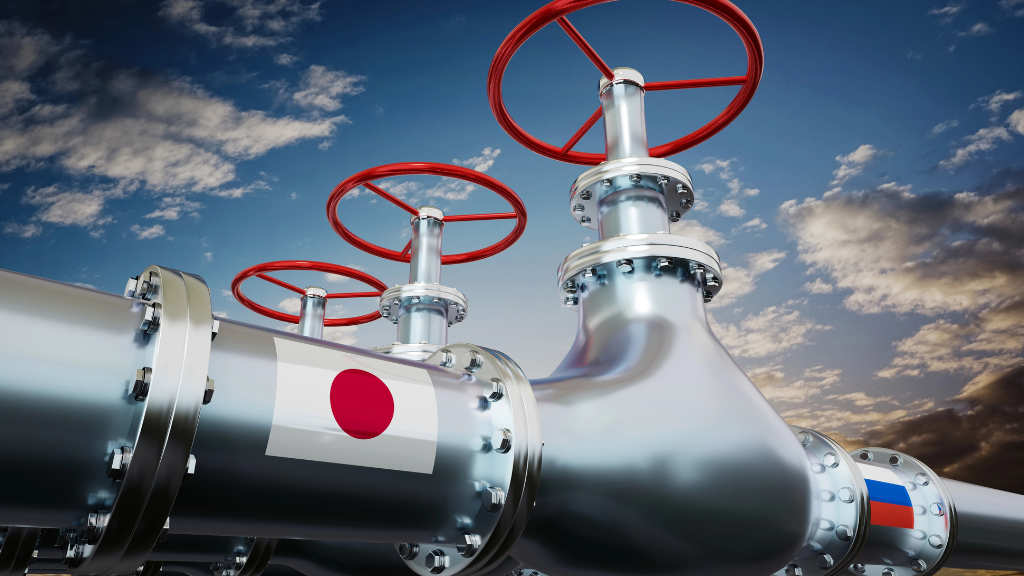Japan will continue importing Russian liquefied natural gas (LNG) despite pressure to halt purchases, Japanese Prime Minister Sanae Takaichi told US President Donald Trump on Tuesday. Trump was visiting Tokyo as part of a broader Asia tour and urged Japan to suspend Russian energy imports. The new Japanese prime minister, however, emphasized Japan’s own energy needs.
Russia supplies roughly 9% of Japan’s total LNG imports, and Takaichi said that an embargo on Russian shipments would harm the economy and therefore “would not be possible.”
Earlier this month, US Treasury Secretary Bessent expressed hope that Japan would end its purchases of Russian energy, and Trump reiterated that request during his meeting with Takaichi.
Japan’s energy consumption is rising at a rate of close to 2% per annum, with its industrial base requiring 29% of its total and domestic transport a further 28%. This leaves Tokyo with little leverage against immediately instigating consumer cuts unless alternatives can be found. Importing from the United States—which Trump would want to see happen—would be prohibitively expensive. Japan is the world’s fifth largest consumer of electricity.
A hardline conservative who assumed office last week, Takaichi is known for prioritizing Japan’s strategic and economic security over foreign pressure. Japan is not alone in resisting Washington’s demands: in early October, Türkiye also rejected US calls to abandon Russian gas, while India and China have maintained at least 50% of their deliveries despite US sanctions.
The talks between Trump and Takaichi also covered the Sakhalin-1 and Sakhalin-2 oil and gas projects in Russia’s Far East, which are partly owned by Japanese firms. Sakhalin-1 is operated by Russia’s state-run oil company Rosneft, which was sanctioned by the US earlier this month. However, that investment is also being restructured although it is possible that Japan could exit the project assuming alternative supplies of LNG can be found.
Further Reading
Japan ‘Reinterprets’ Sanctions On Russia

 Русский
Русский













